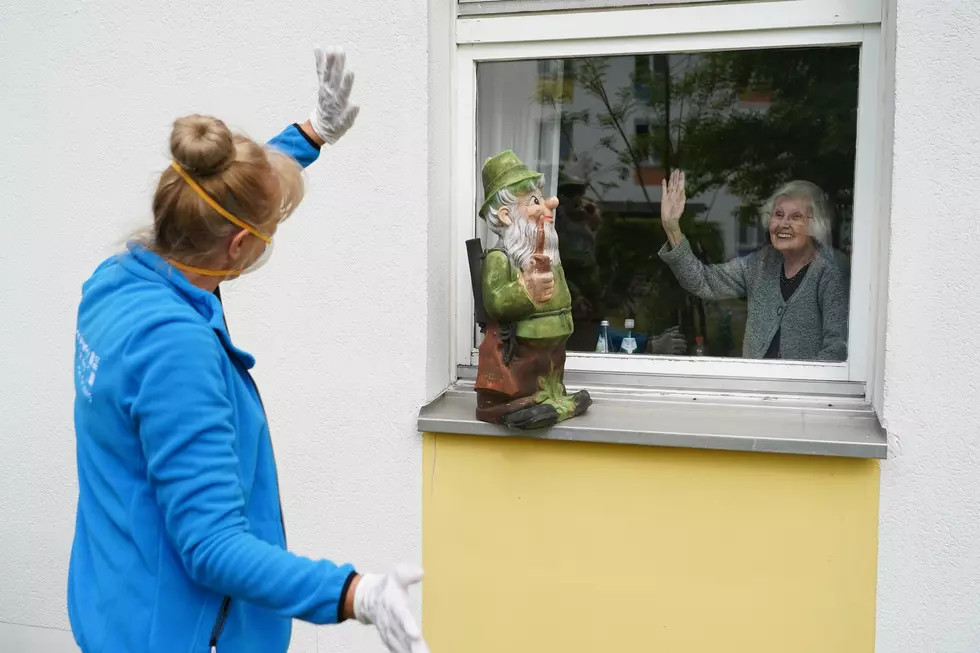
Why it’s Vital to Recognize Signs of Dementia Early
Dementia is a progressive disease, meaning it will get worse over time. It’s also a terminal disease, meaning it will eventually lead to death. However, a person diagnosed with dementia may live from 4 – 20 years after diagnosis. Those with Alzheimer’s have the longest lifespan after diagnosis, as Alzheimer’s has the slowest progression.
Carla Fales, CEO of CareWell Services Southwest was Tim Collins’ guest on 95.3 WBCK for Miles for Memories. She said we should keep in mind that different dementias progress at different speeds and in different ways. “Your loved one may not experience all of the stages. It’s also possible that his/her symptoms may overlap causing stages to merge”, said Fales.
Fales said it’s critical to recognize the stages of dementia for two main reasons. One is that there are a lot of things that we’re learning we can do to delay memory loss, and another is that people with dementia can better participate in the planning process if they’re still in stage one.

Dementia Stage 1
During stage 1, changes in memory or thinking patterns may be mild but noticeable. The ability to adapt and respond to these changes is still in place. Trouble communicating or sleeping, small changes in memory and other areas of function may occur. Sometimes those with mild cognitive impairment may be able to cover their symptoms. It is important that even if the changes are small if they are impacting daily living, a visit to a physician is needed as slowing the progression becomes the goal. There is a lot of opportunity at this stage for treatment. No one wants to hear a diagnosis of dementia but an early diagnosis can make a difference and it can help your loved one (and you!) continue to live a more fully engaged life for as long as possible.
Dementia Stage 2
In stage 2 you will notice more decline in memory, repeatedly asking the same question over and over in a short period, problems with everyday activities such as brushing teeth or washing hands. Other changes in function, not directly associated with memory are more noticeable and limitations in activities of daily living are more common. Changes in behavior, personality, thinking and even emotions may occur. Before stage 2, those with cognitive impairment should begin to plan for care needs that may occur. Start building a care team to help with caregiving responsibilities. That could involve other family members and/or professional care service providers. This is a time to discuss financial issues. How will you be able to pay for home health care or an assisted living facility? And it’s a time to make specific plans for caring for yourself as well. You can join a support group, make arrangements for time away to relax or pursue interests outside of the home.
Dementia Stage 3
In stage 3, changes in cognition, function, and thinking are prominent and impairment is obvious. Communication is very limited, constant supervision and sometimes care are necessary. Decision-making is limited to non-complex tasks focused on primary functions. Assistance with primary tasks such as dressing, eating, and mobility is needed regularly. This is also the stage where people may consider expanding their care team or changing their care setting. The decisions related to these transitions should have already been discussed and plans made as the ability to make these decisions at stage 3 are impaired. Organizations like CareWell Services can help those with dementia and their families talk through these choices and develop a plan.
Miles for Memories is creating solutions for those impacted by dementia in Calhoun County through movement, programming, and research. Follow them on FaceBook or the web.
LOOK: See the iconic cars that debuted the year you were born
More From WBCKFM









